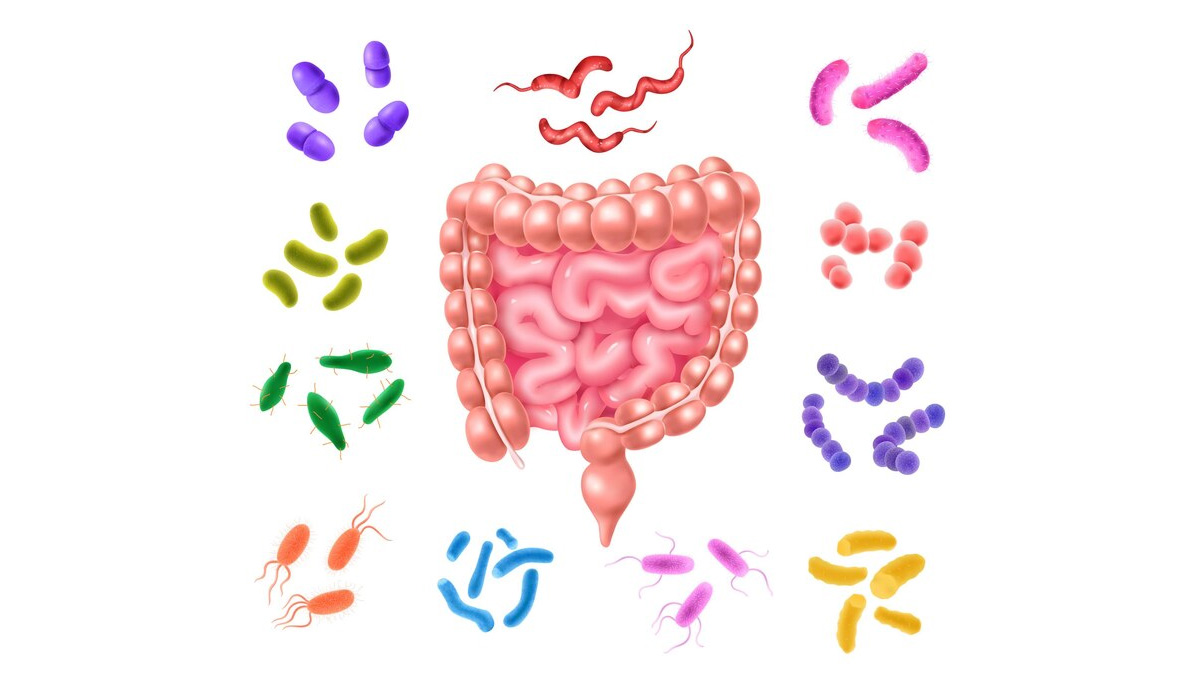
Helicobacter pylori is a type of bacteria that can colonise the lining of the stomach and the upper part of the small intestine. Infection with Helicobacter pylori (H. pylori) occurs when Helicobacter pylori (H. pylori) bacteria infect your stomach. This is most common during childhood. H. pylori infection, a prevalent cause of stomach ulcers (peptic ulcers), may be present in more than half of the world's population. According to a 2018 meta-analysis, approximately 44 percent of people globally have an H. pylori infection.
Symptoms of H. pylori Infection
“Many individuals with H. pylori infection experience chronic dyspepsia, characterised by persistent pain or discomfort in the upper abdomen. This discomfort may be described as burning, gnawing, or aching” saud Dr Sanjay Chaudhary, MBBS, VMMC, New Delhi.
- Bloating and Nausea: Bloating, frequent burping, and episodes of nausea are common symptoms of H. pylori infection. These symptoms can be mild or severe, depending on the individual.
- Unexplained Weight Loss: Some individuals may experience unexplained weight loss as the infection affects their ability to absorb nutrients from food.
- Gastric Ulcers: H. pylori infection is a leading cause of peptic ulcers. Gastric ulcers (in the stomach) and duodenal ulcers (in the small intestine) can result from the inflammation caused by the bacteria.
- Acid Reflux: Heartburn and acid reflux symptoms, including regurgitation of stomach acid into the oesophagus, can be associated with H. pylori infection.
- Anaemia: Chronic infection may lead to anaemia, primarily due to vitamin B12 deficiency caused by impaired absorption.
Also read: 5 Bacteria Types Killed Nearly 6.8 Lakh Indians In 2019: Lancet Study
Diagnosis of H. pylori Infection
Diagnosing H. pylori infection typically involves one or more of the following methods:
- Breath Test: The patient consumes a special liquid or capsule containing a substance that the H. pylori bacteria can break down. If the bacteria are present, they produce a specific gas that can be detected in the breath.
- Stool Test: A stool sample is collected and tested for the presence of H. pylori antigens.
- Blood Test: Blood is drawn to check for antibodies against H. pylori, which can indicate a current or past infection.
- Endoscopy: A more invasive procedure involves inserting a thin, flexible tube with a camera (endoscope) into the digestive tract to visually inspect the stomach lining and obtain tissue samples for biopsy.

Treatment Options
The treatment of H. pylori infection typically involves a combination of antibiotics and acid-reducing medications. The specific regimen may vary depending on factors such as the patient's medical history and the antibiotic resistance patterns in their region.
If we talk about home remedies then circumin decreases inflammation and prevents H. pylori from accessing and harming stomach cells, according to a 2019 study. This increased blood flow to the area, which aids in the healing of damaged stomach tissue. It also boosted the body's immunological response by enhancing gut/brain connection.
Health care practitioners sometimes screen healthy patients for H. pylori in places where H. pylori infection and associated consequences are frequent. Experts disagree on whether testing for H. pylori infection is beneficial when there are no signs or symptoms of infection.
H. pylori infection is a common gastrointestinal illness that can result in a variety of unpleasant symptoms and problems. Early detection and treatment are critical for properly managing the infection and avoiding consequences such as ulcers and anaemia. Consult a doctor if you suspect you have an H. pylori infection or if you are experiencing persistent digestive issues.
Also watch this video
How we keep this article up to date:
We work with experts and keep a close eye on the latest in health and wellness. Whenever there is a new research or helpful information, we update our articles with accurate and useful advice.
Current Version